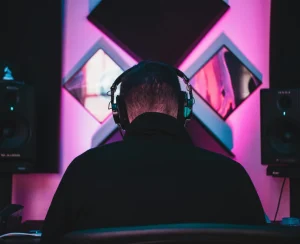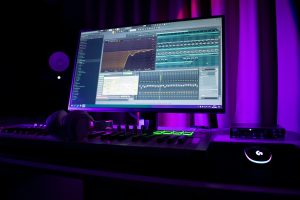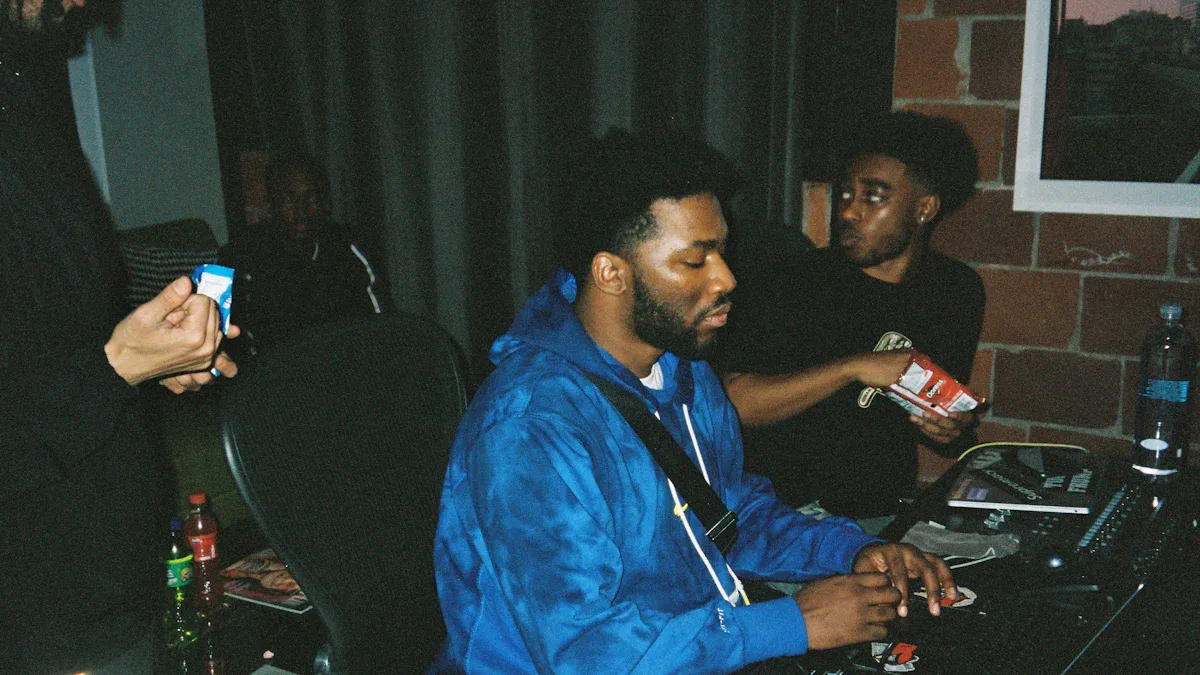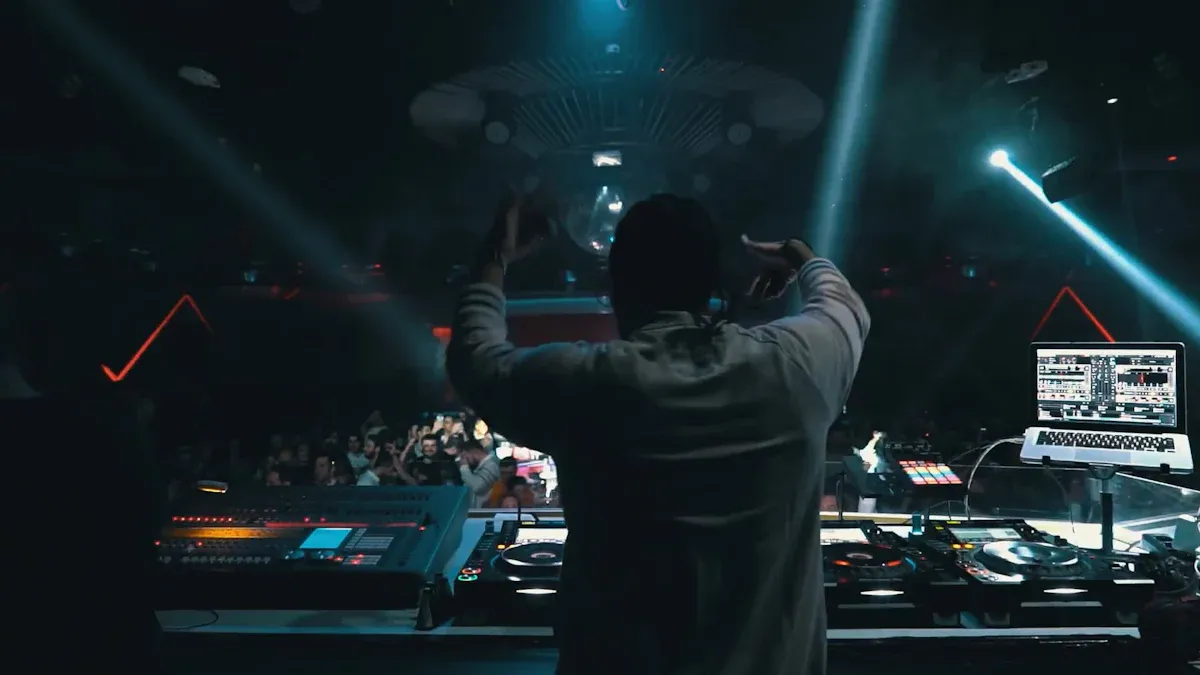Yes, live streaming can qualify as commercial use. Whether you’re streaming on platforms like Twitch, YouTube, or Facebook Live, the determining factor is whether you’re earning money or promoting a product, service, or brand.
If your live stream generates revenue through ads, sponsorships, or product sales, it’s considered commercial. Even if you’re not directly profiting, using your content to promote a brand or grow your personal brand with the intent of future monetization also falls under commercial use.

What Does Commercial Use Mean?
Commercial use typically refers to activities aimed at generating income or promoting a business. This includes using content, products, or services to drive profit, either directly or indirectly. For instance, selling products, earning revenue through ads, or building a brand with your content generally qualifies as commercial use.
What Is Considered Commercial Use?
Commercial use can take various forms, all involving monetary gain or promotional intent. Examples include:
- Selling goods or services during a live stream or video.
- Monetizing content through ads, such as YouTube’s Partner Program.
- Featuring paid sponsorships in live streams or videos.
- Producing promotional content for a business, service, or product.
Even if you’re not directly earning money, using content to build your personal brand or attract future sponsorships also falls under commercial use.
What Is Commercial Licensing?
Commercial licensing grants permission to use copyrighted materials for profit-driven purposes. This applies to content like music, videos, images, or software. For example, if you want to use a popular song in a live stream or ad, you must obtain a commercial license. This ensures the content creator is compensated and you’re legally allowed to use the material.
If you’re looking for music for commercial use, platforms like TemPolor offer royalty-free music. With options ranging from free trials to premium subscriptions, you can easily find the right tracks for your projects while staying compliant.
Is Live Streaming Considered Profitable Use?
Yes, live streaming can be considered a profitable activity if you earn money through advertisements, sponsorships, donations, or product sales. Monetizing your content—whether directly through ads or indirectly through brand-building—qualifies as commercial use.
Platforms like YouTube and Twitch allow creators to generate income via ads, subscriptions, or other methods, making live streaming a form of profitable commercial use.

Is a Video for a Client Considered Commercial?
Yes, creating a video for a client is classified as commercial use. Whether it’s for social media, live streaming, or television, any content created to promote a product, business, or service falls under commercial activity.
Is Background Music Not For Commercial Use Fair Use?
No, using background music in live streams or videos is not considered fair use, even if the content is non-commercial.
What is Fair Use
Fair use is a legal principle that allows limited use of copyrighted material for purposes like criticism, commentary, education, or research. However, using background music, especially in monetized or promotional content, rarely qualifies as fair use.
Commercial vs. Non-Commercial
The primary factor in fair use is not whether the content is for commercial or non-commercial purposes. The fair use test involves four factors:
- Purpose and Character of Use: Is the content transformative, such as parody or commentary? Or is it simply reproducing the original work?
- Nature of the Copyrighted Work: Creative works like music are heavily protected under copyright law.
- Amount Used: Using a substantial portion of the work reduces the likelihood of fair use.
- Effect on the Market: If the use harms the market value of the original work, it is less likely to be fair use.
To avoid legal issues, use royalty-free music or properly licensed tracks from platforms like TemPolor.
Streaming platforms like Twitch, YouTube, and Facebook Live use content detection systems (like Content ID on YouTube) to identify and flag copyrighted music. Even if your stream is non-commercial, playing copyrighted background music could lead to your stream being taken down, demonetized, or blocked.
What Are the Legal Issues With Live Streaming?
Live streaming comes with several legal challenges, including:
- Copyright Infringement:
- Unauthorized use of music or media.
- Game footage flagged by detection systems.
- Defamation and Libel:
- False statements made during a stream can lead to legal action.
- Privacy Violations:
- Broadcasting private or sensitive content without permission.
- User-Generated Content:
- Handling content uploaded or shared by viewers responsibly.
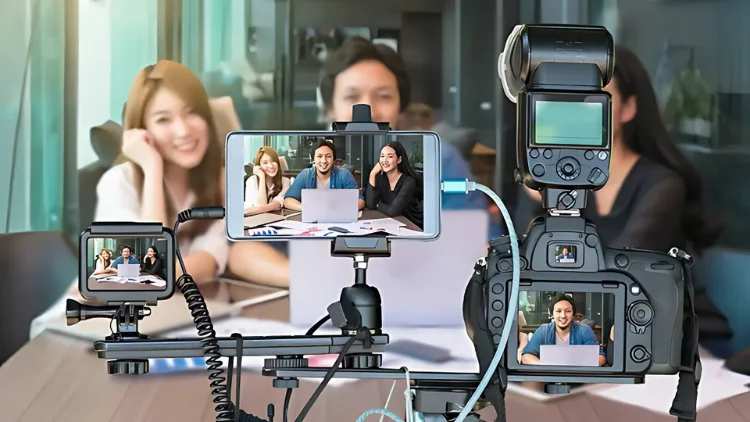
Conclusion
Live streaming is often considered commercial use when there’s an intent to profit, whether through ads, sponsorships, or brand promotion. It’s crucial to understand what constitutes commercial use, obtain necessary licenses, and use properly licensed music to stay compliant.
Whether you’re building your brand, creating for clients, or monetizing your streams, following these guidelines helps you protect your work and grow responsibly. Platforms like TemPolor offer valuable resources for creators, making it easier to stay compliant while delivering professional-quality content.
Read more:

